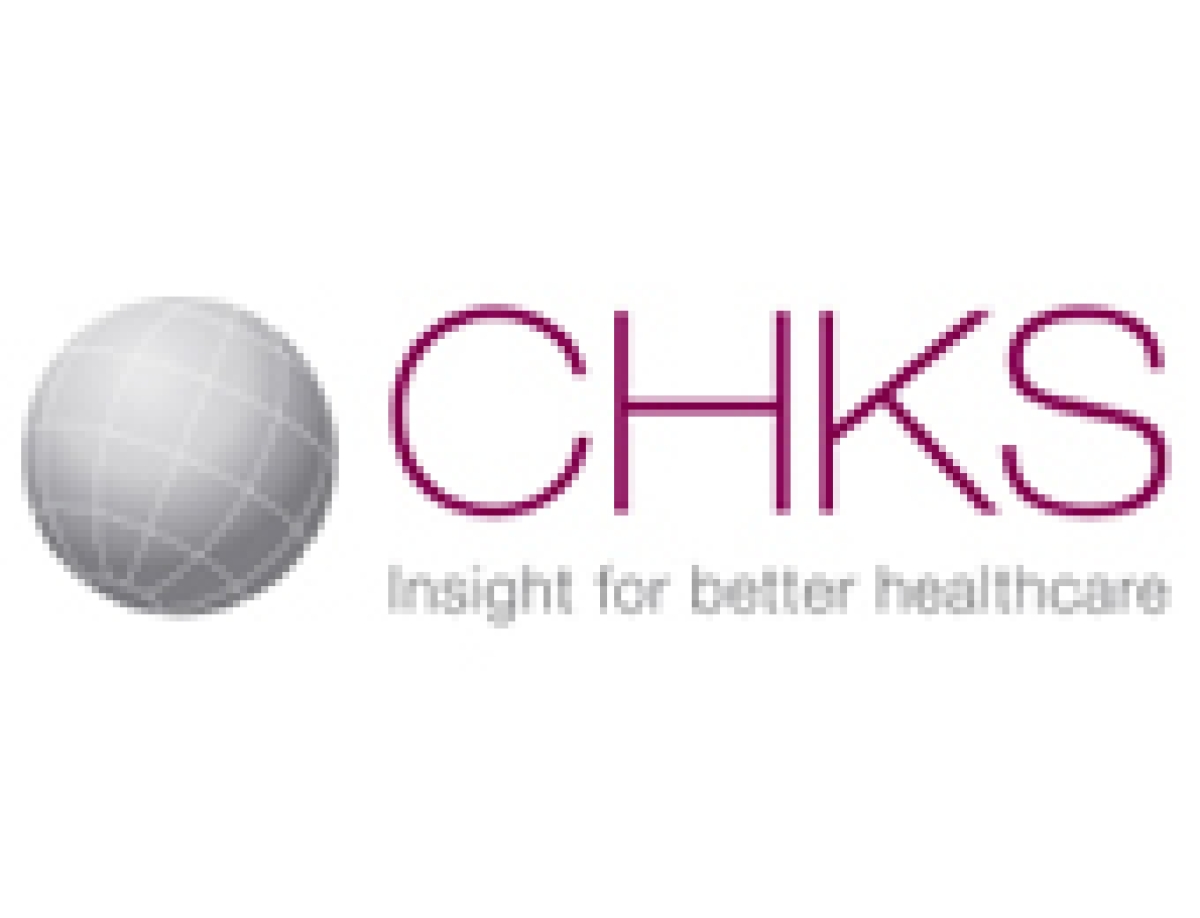
There has been a great deal written about Hinchingbrooke hospital in the wake of Circle’s decision to pull out of its contract and a damning CQC report. We have been mentioned in some articles and comment because the hospital won our quality of care award 2014. Commentators asked could how could a hospital go from being excellent to being seen by CQC inspectors as being inadequate.
The starting point for our award is an analysis of national hospital data (Hospital Episode Statistics). We don’t rely on the views of a judging panel because we prefer to look at the data – it comes as second nature to us. For the 2014 awards we look at data from 2012 to 2013 and decided to focus on 12 indicators that are linked to quality of care. These included: rate of emergency readmission to hospital, percentage of elective admissions where planned procedure not carried out, risk adjusted length of stay and risk adjusted mortality amongst others. You can find the full list here.
When we examined this publicly available data, we found that Hinchingbrooke came top for this basket of indicators and we duly made the award. However, in health as in all other walks of life success and good performance can often be transitory. We don’t need to look any further than the annual changes within our own 40 top hospital programme award to realise how true this is.
Our programme draws on a range of data taken at a fixed point in time providing a mirror of relevant performance at that point alone. As time goes forward the relevant performance of other peers as well as a trust’s own outcomes will alter the picture beyond that previously reported. It should therefore not be too surprising that trusts who have previously received our accolade may fall short in the future. Equally, if different metrics are applied to those sites other than what we have used the outcome is likely to be different.
Our programme is there to encourage all NHS providers to aspire to improvement and to celebrate each year those that have and nothing more. However, consistent improvement in the NHS is hard to come by which is why trusts have to keep on top of their data and cannot allow themselves to become lulled into a false sense of security.
Our analysis contains HES data which is re-used with the permission of The Health & Social Care Information Centre. All rights reserved.There has been a great deal written about Hinchingbrooke hospital in the wake of Circle’s decision to pull out of its contract and a damning CQC report. We have been mentioned in some articles and comment because the hospital won our quality of care award 2014. Commentators asked could how could a hospital go from being excellent to being seen by CQC inspectors as being inadequate.
 There has been a great deal written about Hinchingbrooke hospital in the wake of Circle’s decision to pull out of its contract and a damning CQC report. We have been mentioned in some articles and comment because the hospital won our quality of care award 2014. Commentators asked could how could a hospital go from being excellent to being seen by CQC inspectors as being inadequate.
There has been a great deal written about Hinchingbrooke hospital in the wake of Circle’s decision to pull out of its contract and a damning CQC report. We have been mentioned in some articles and comment because the hospital won our quality of care award 2014. Commentators asked could how could a hospital go from being excellent to being seen by CQC inspectors as being inadequate.